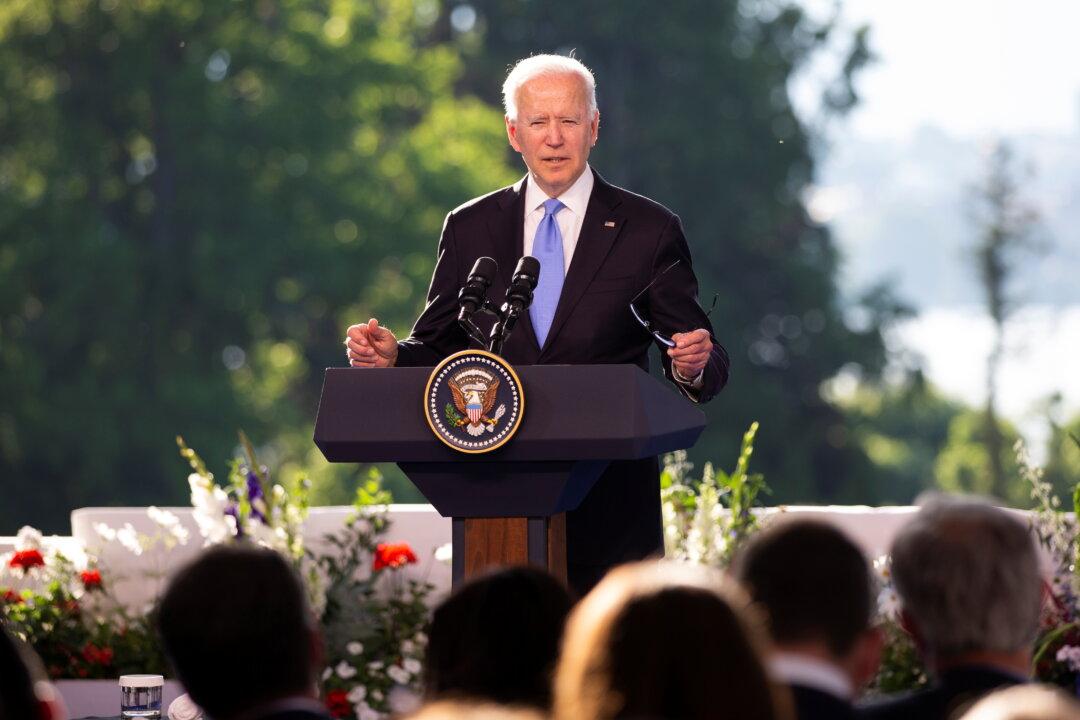Chinese leader Xi Jinping is not President Joe Biden’s “old friend,” Biden said on June 16 as he raised concerns about Beijing’s willingness to help find the origins of the CCP (Chinese Communist Party) virus pandemic.
Asked if the president would call Xi and ask him “old friend to old friend” to re-admit World Health Organization investigators, Biden said: “Let’s get something straight: We know each other well, we’re not old friends. It’s just pure business.”





